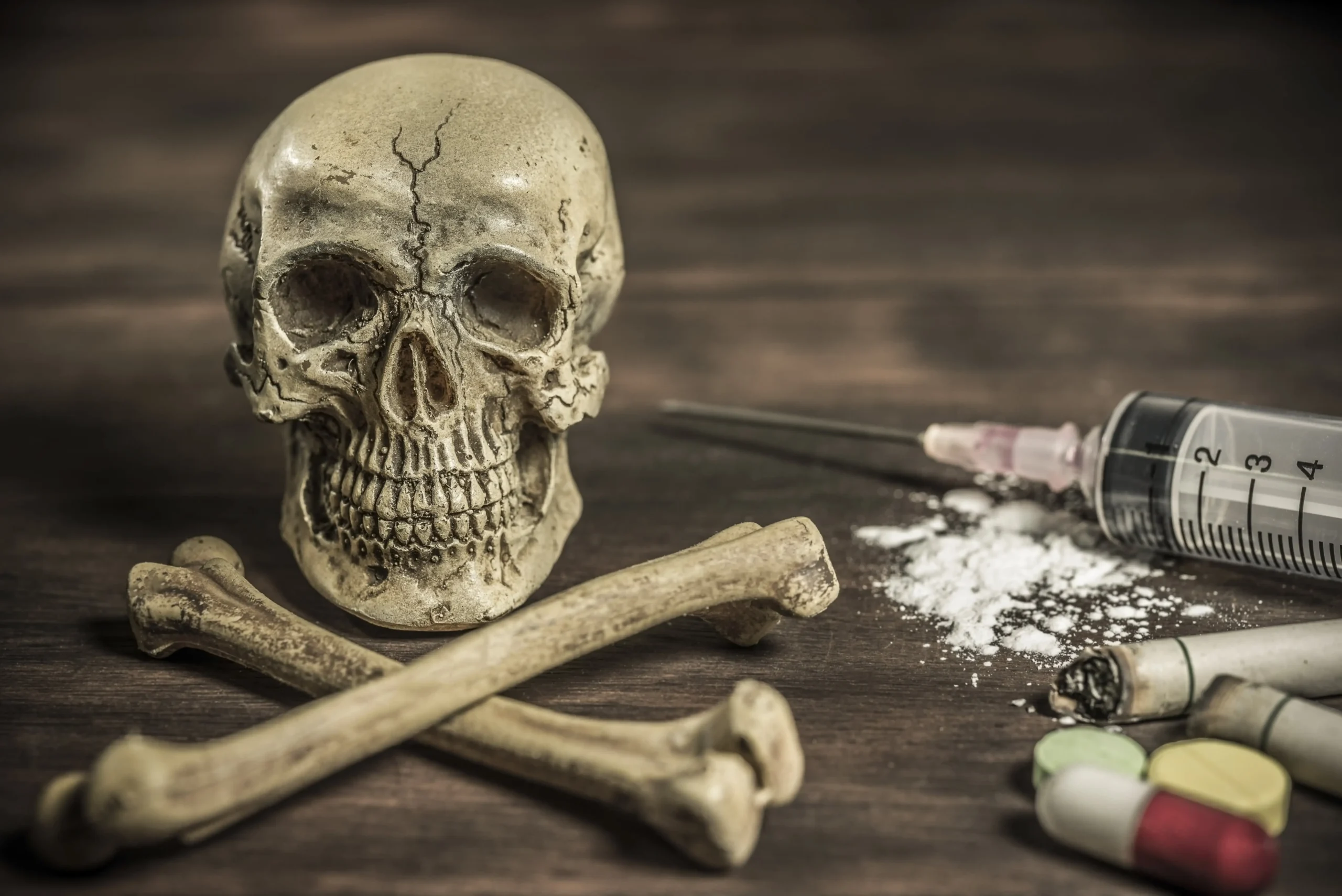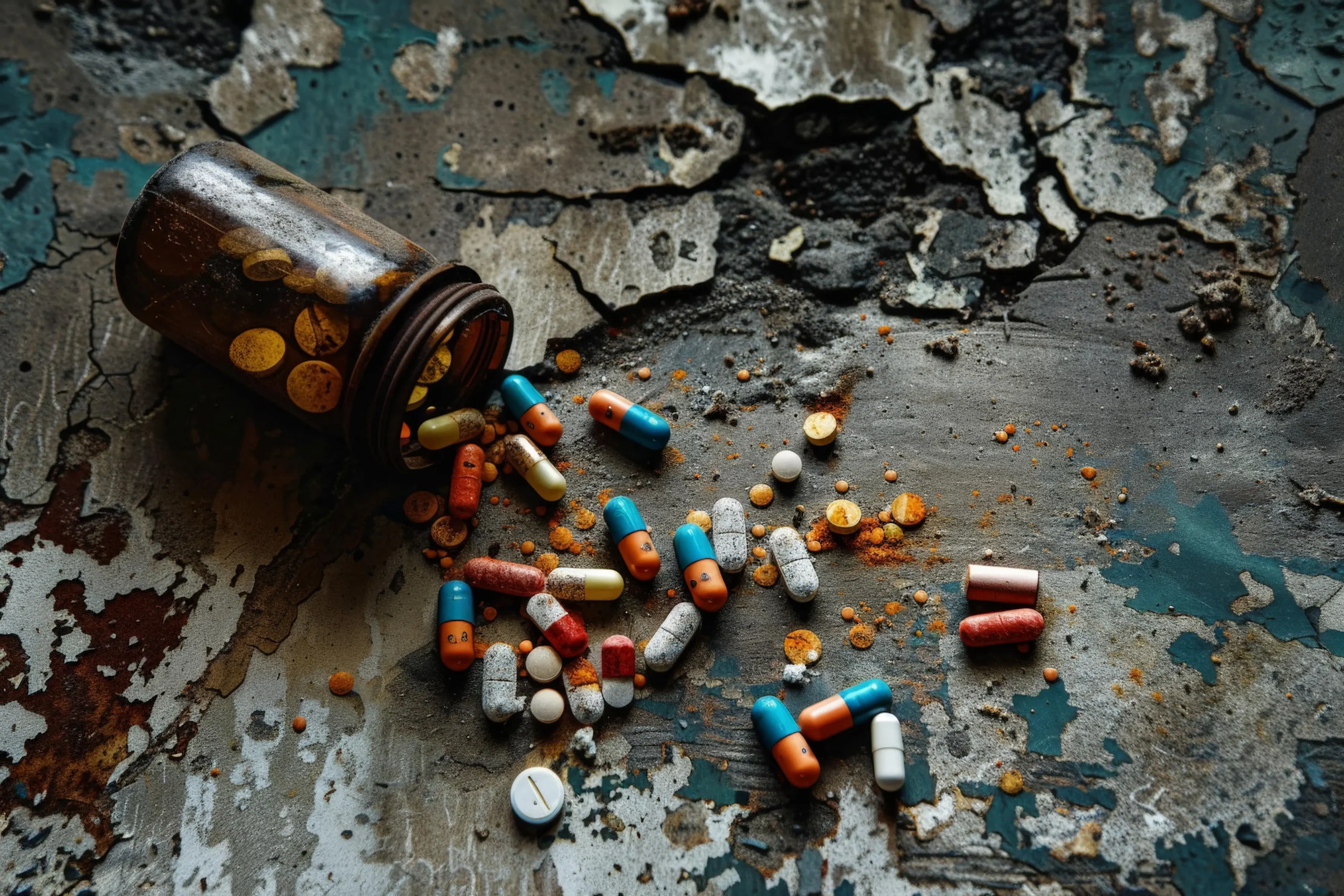Drug Addiction


Drug addiction is a complex and multifaceted issue that affects millions of people worldwide. Characterized by a compulsive need to use drugs despite harmful consequences, addiction can have devastating impacts on individuals, families, and communities. Understanding the nature of drug addiction, its effects, and pathways to recovery is essential for those affected and their loved ones.
What is Drug Addiction?
Drug addiction, often referred to as substance use disorder (SUD), is a chronic condition characterized by an inability to stop using a substance despite harmful consequences. It alters brain function, affecting judgment, decision-making, and impulse control. This disorder can involve legal substances, like alcohol and prescription medications, as well as illegal drugs.


Causes of Drug Addiction
The causes of drug addiction are diverse and often interrelated. Some key factors include:
- Genetic Predisposition
- Mental Health Disorders
- Environmental Influences
- Social Factors
- Chronic Stress and Trauma
- Socioeconomic Factors
- Trauma and Stress
Effects of Drug Addiction
The effects of drug addiction can be devastating, affecting various aspects of an individual’s life:
- Health Complications: Drug use can lead to a range of health issues, including heart disease, liver damage, respiratory problems, and infectious diseases (particularly with intravenous drug use).
- Overdose Risk: The risk of overdose is significantly increased with many substances, leading to severe health consequences or death.
- Cognitive Decline: Prolonged drug use can impair cognitive functions, affecting memory, attention, and decision-making.
- Increased Mental Health Issues: Addiction often exacerbates existing mental health problems or contributes to the development of new ones.
- Strained Relationships: Drug addiction can lead to conflicts with family, friends, and colleagues, often resulting in isolation and loneliness.
Recovery from drug addiction is a challenging but achievable process that requires support and commitment. Key components of effective treatment include:
